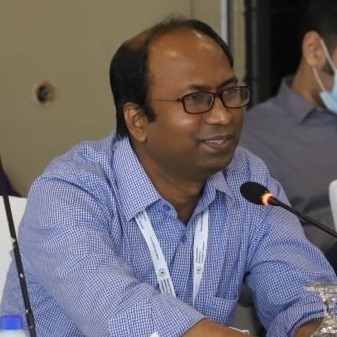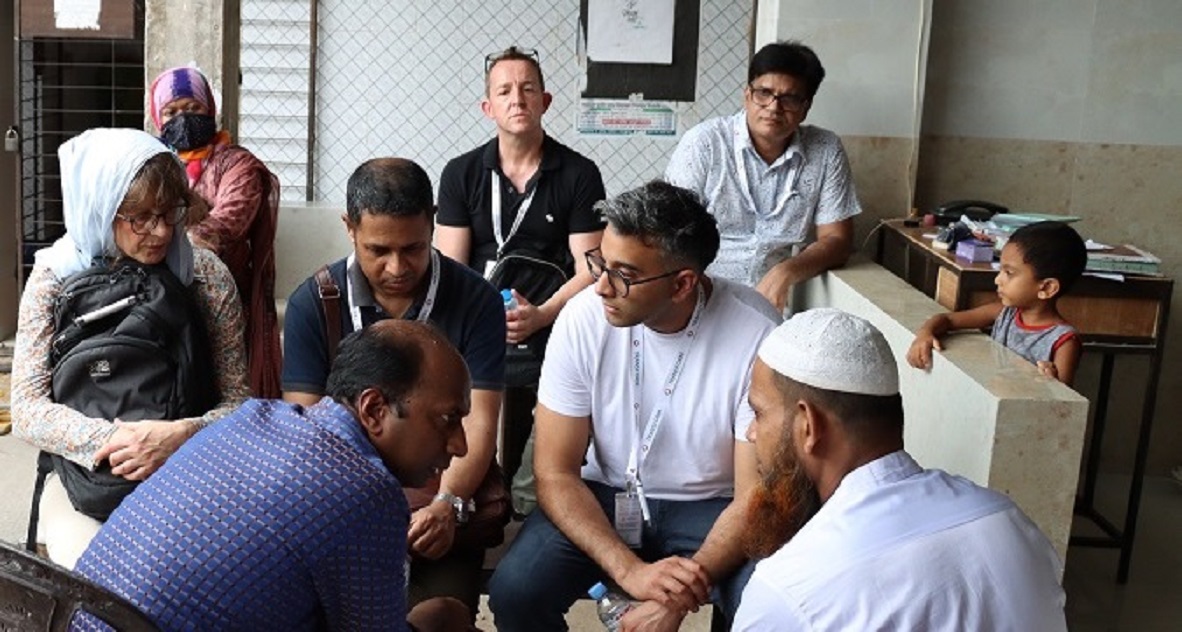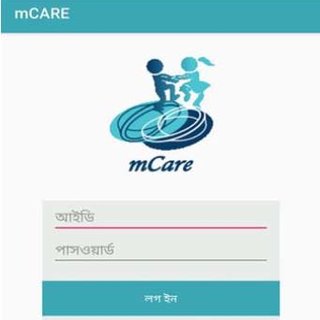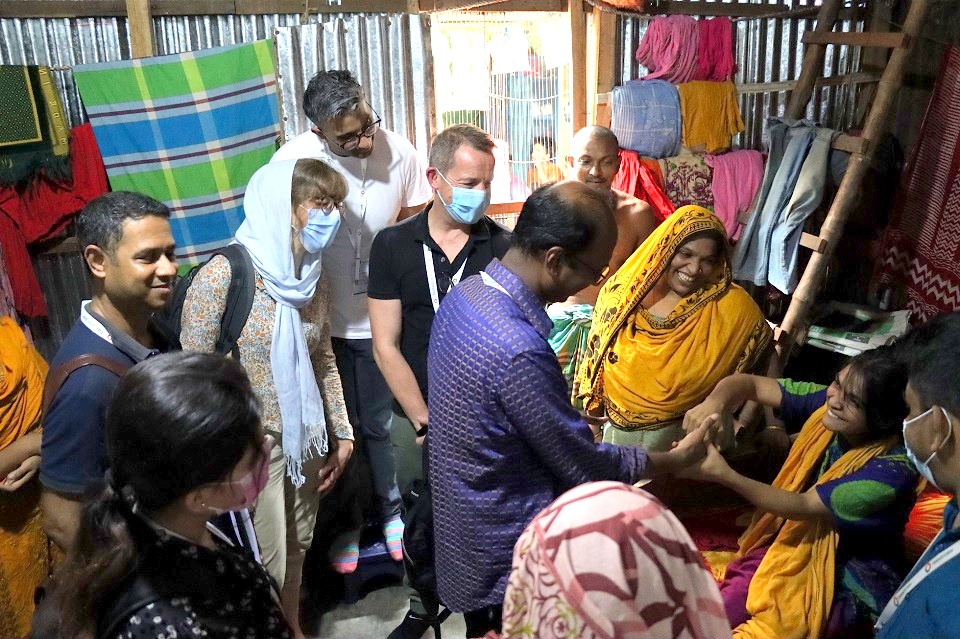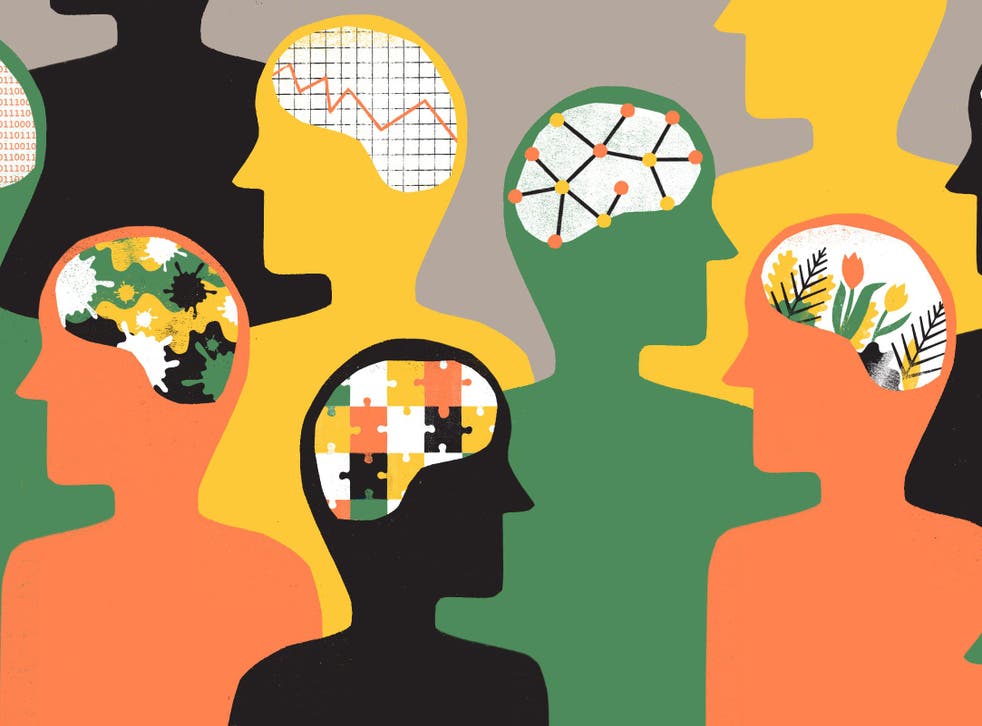
You and The Owl
...In certain traditions and cultures, it is a tradition to believe that certain animals are represents certain symbols. It may consider as a metaphor, which is often humorous, sad or cruel by nature. In this context, TRIN is conducting a survey titled ‘You and the Owls’ with collaboration of University of Lausanne to evaluate the thoughts and impression of Owl to human being.

